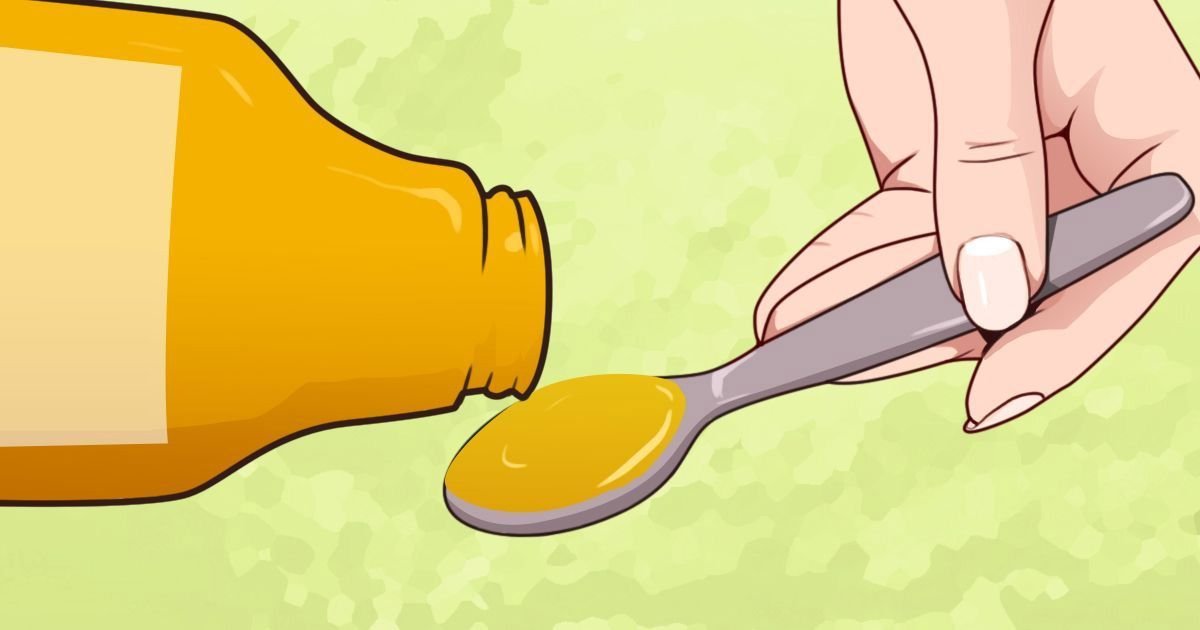Burns are unfortunately common injuries that can occur in our everyday lives, whether from accidents in the kitchen or while out enjoying outdoor activities. When it comes to treating minor burns, there are various home remedies that people swear by. One unconventional yet widely discussed remedy is the use of mustard. In this blog post, we will explore the idea of using mustard for minor burns, examining if it truly works and why it might be effective.
What is Mustard’s Role in Treating Burns?
The use of mustard for minor burns has been passed down through generations as a home remedy. Although there is limited scientific evidence to support its effectiveness, many individuals firmly believe in its healing properties. Mustard is thought to have soothing and anti-inflammatory properties due to its natural compounds and composition.
Mustard’s Composition:
To understand why mustard is believed to help in treating minor burns, it’s helpful to explore its composition. Mustard seeds contain various bioactive compounds, such as glucosinolates, myrosinase enzymes, and phenolic compounds. Once the seeds are crushed or processed into mustard paste, these compounds are released, resulting in the distinctive taste, aroma, and potential therapeutic effects.
Potential Benefits of Mustard for Minor Burns
1. Cooling Effect: Mustard has a natural cooling effect when applied topically. This cooling sensation can help alleviate the initial pain associated with minor burns, providing temporary relief.
2. Anti-Inflammatory Properties: The anti-inflammatory properties of mustard are believed to help reduce swelling and inflammation caused by minor burns. The phenolic compounds found in mustard seeds have been shown to have anti-inflammatory effects, which could aid in the healing process.
3. Antimicrobial Activity: Some studies have suggested that certain compounds found in mustard, particularly allyl isothiocyanate, possess antimicrobial properties. These properties might help safeguard minor burns against potential infections, facilitating their healing.
How to Use Mustard for Minor Burns
While mustard can be explored as a home remedy for minor burns, it is important to note that it should not be used for more severe burns or replace professional medical care. If you decide to use mustard for minor burns, here’s a suggested method:
1. Assess the burn: Determine the severity of the burn. If it is a minor burn with no broken skin or blistering, mustard may be considered an option.
2. Cool the burn: Immediately run the burn under cold water to remove heat from the affected area. This step should be done for at least 10-15 minutes to help reduce pain and further damage.
3. Apply mustard: Gently spread a thin layer of mustard over the burn using a clean cloth or sterile gauze. Ensure that the burn is completely cooled before applying the mustard. It is crucial not to rub or scrub the burn, as this may cause further damage.
4. Cover the burn: Once the mustard is applied, carefully cover the burn with a non-stick sterile dressing or clean cloth to protect it from irritation and potential contaminants.
5. Seek medical advice: If the burn worsens, becomes infected, or does not show signs of improvement within a reasonable timeframe, consult a healthcare professional.
While the idea of using mustard as a remedy for minor burns lacks scientific evidence, its anti-inflammatory properties and soothing qualities make it plausible. However, it is essential to remember that severe burns or those involving broken skin require immediate medical attention. If you decide to use mustard for minor burns, take precautions and consult a healthcare professional if there are any concerns.
